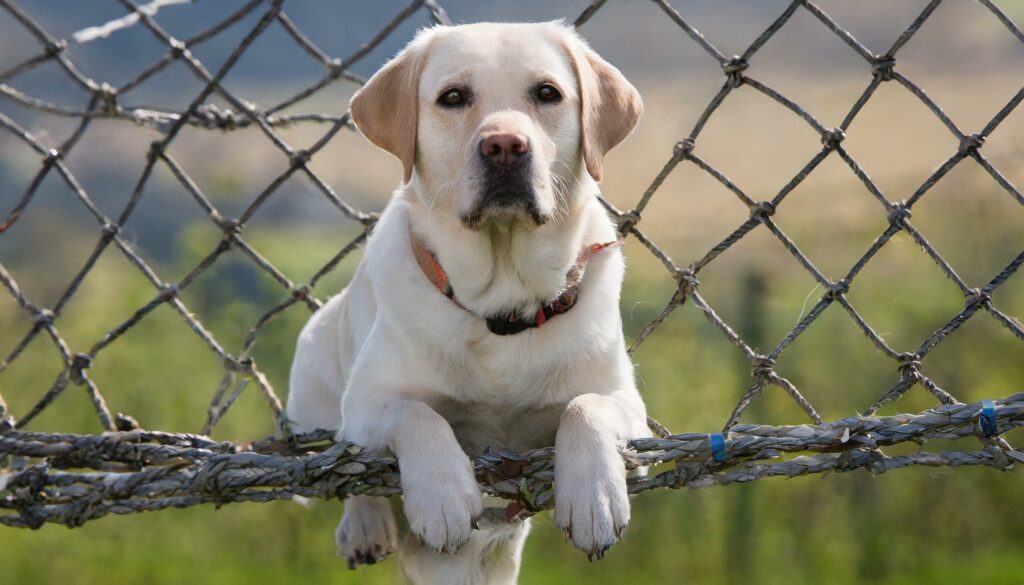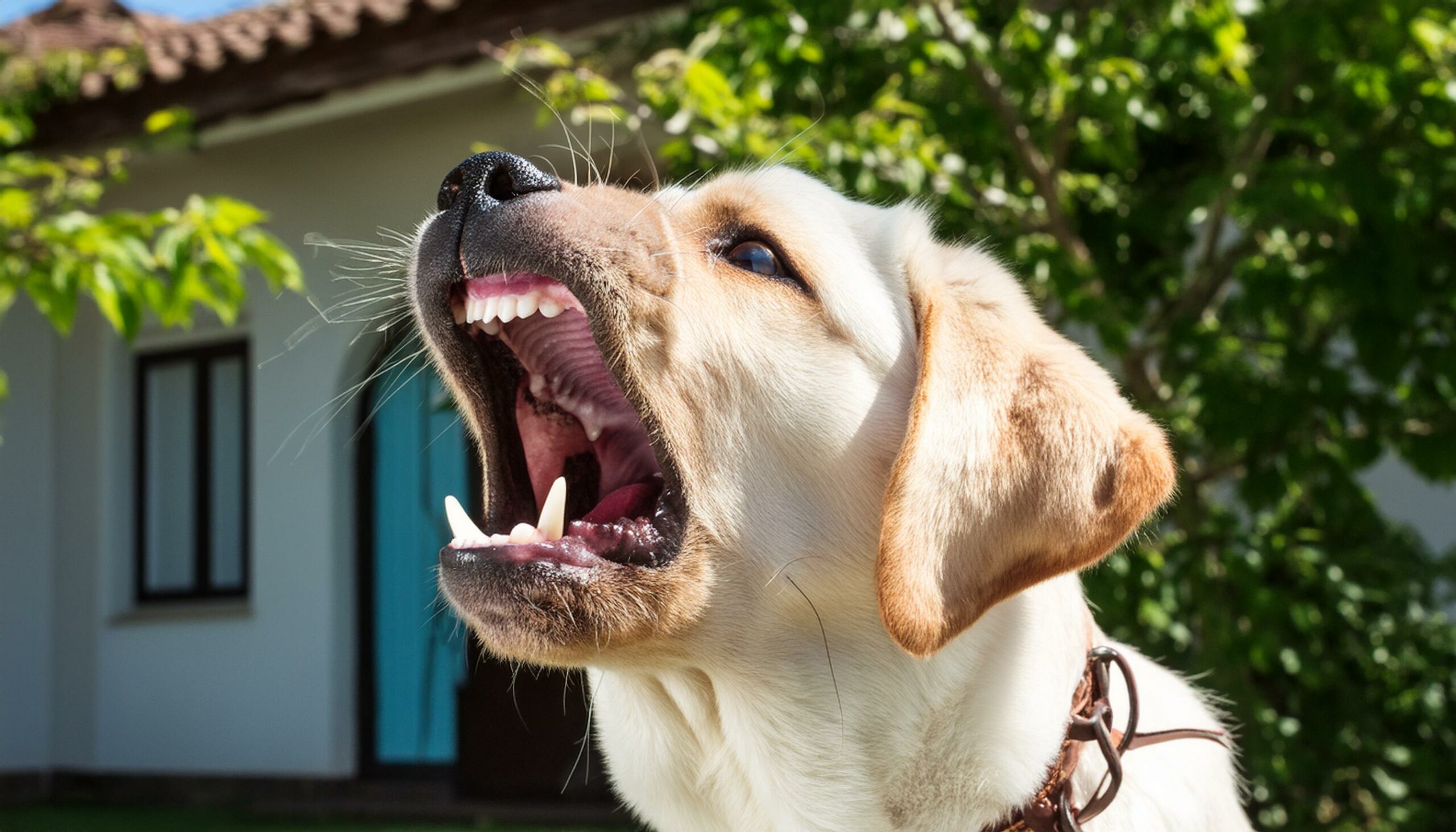Labrador Retrievers, or Labs, are one of the most popular dog breeds in the world, renowned for their friendly demeanor and loyalty. As common household pets, they are known for their intelligence, gentle nature, and, occasionally, their vocalizations. But do Labs really bark a lot? This article delves into the factors that influence a Labrador’s propensity to bark and offers comprehensive strategies for managing excessive barking.
Labradors at a Glance
Breed Overview
Originating from Newfoundland, Canada, Labrador Retrievers were bred to help local fishermen retrieve fishing nets from the icy waters. They are robust, intelligent dogs, adept in many roles including service and rescue operations, thanks to their trainability and keen sense of smell. However, their most notable role is that of a family pet, a job at which they excel due to their friendly nature.
Temperament
Labradors are known for their stable and friendly temperament. They are affable, outgoing, and have a youthful energy that lasts well into their adult years. Despite their size, they are often unaware of their bulk and can be quite enthusiastic, which sometimes leads to them being inadvertently boisterous.
Factors Influencing Barking

Age
Puppies are naturally more energetic and curious about their environment, which can lead to more frequent barking. Young Labs will often bark at new sounds, sights, or in response to their own playful activities. As they grow older, they typically become less vocal, but this can vary greatly depending on how they are trained and socialized.
Environment
The environment in which a Labrador lives plays a crucial role in how much they bark. A home with a stimulating environment, where there is regular activity and interaction with humans and other pets, can help minimize boredom and stress, which are common triggers for barking. Conversely, a Lab kept in a yard away from family activities might bark more due to isolation or frustration.
Training & Socialization
Effective training and early socialization are vital in curbing excessive barking. Labs are eager to please and respond well to positive reinforcement techniques such as treats and praise. Training them to understand commands like “quiet” or “no bark” is essential. Socialization helps them become comfortable with various people, animals, and environments, reducing anxiety-driven barking.
How to Manage Excessive Barking

Training Techniques
Consistency is key when training a Lab to bark less. Using consistent commands and rewards when the dog is quiet can reinforce the behavior you want to encourage. It’s important to start these training sessions as early as possible to set clear boundaries.
Tools and Aids
For some owners, tools like bark collars that emit a mild electric pulse or a spray can be effective. However, these should be used with caution and under professional advice to avoid causing distress or harm to the dog.
Professional Help
If the barking persists despite initial efforts, it may be beneficial to consult a professional dog trainer or behaviorist. They can offer personalized guidance based on the specific needs of your Lab, ensuring that the strategies implemented are effective and humane.
Understanding Your Lab’s Needs
Physical Needs
Labradors are energetic and require substantial daily exercise to maintain their health and happiness. A lack of physical activity can lead to pent-up energy, which can manifest as excessive barking or other destructive behaviors. Daily walks, play sessions, and occasional vigorous activities like swimming or fetch are crucial.
Emotional Needs
Emotional bonding is just as important. Labs are social animals that thrive on interaction. Spending quality time with your Lab, training, playing, and simply cuddling can help fulfill their emotional needs, making them feel secure and less likely to engage in excessive barking.
When to Seek Help
If you notice a sudden increase in your Lab’s barking or if it seems to be linked to distress or anxiety, it might be time to consult a veterinarian. Changes in behavior can sometimes be attributed to underlying health issues that require medical attention.
Conclusion: Summary and Key Takeaways
Understanding the reasons behind a Labrador’s barking and addressing them through proper training, socialization, and care can significantly reduce unwanted vocalizations. A well-exercised, well-trained, and emotionally satisfied Lab is generally a quiet Lab.
FAQs
Do all Labrador Retrievers bark a lot?
Not necessarily; while Labs are vocal, how much they bark can vary widely depending on their training, environment, and individual temperament.
Can excessive barking be a sign of a health issue?
Yes, changes in barking patterns can indicate health problems. It’s advisable to consult a veterinarian if there are sudden changes in your Lab’s barking behavior.
What are the best training methods to reduce barking?
Positive reinforcement, consistent training, and ensuring your Lab understands commands like “quiet” are effective methods.
Are Labs good apartment dogs given their barking habits?
Labs can adapt to apartment living if they receive enough exercise and mental stimulation to keep them content and calm.
How long does it take to train a Lab not to bark excessively?
The time it takes can vary, but with consistent training, many owners see significant improvements within a few weeks.
